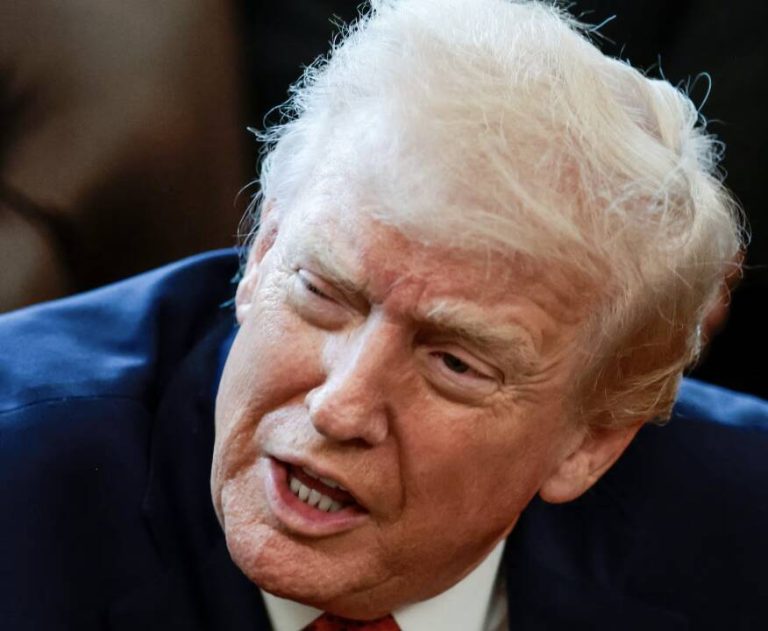
Delhi terror attack accused doctors used Swiss app Threema to plan & coordinate: Police
In a shocking revelation, it has been discovered that the accused doctors in the Delhi terror attack case used a Swiss encrypted messaging app called Threema to plan and coordinate their terror activities. The three doctors, Dr Umar Nabi, Dr Muzammil Ganaie, and Dr Shaheen Shahid, who are being investigated for the blast near Delhi’s Red Fort, allegedly used Threema to constantly keep in touch and discuss their plans.
According to police sources, Threema is a highly secure messaging app that does not require a phone number or email ID for registration, making it extremely difficult to trace the users. This feature of the app made it an ideal choice for the accused doctors to communicate with each other without being detected by the authorities.
The use of Threema by the accused doctors raises serious concerns about the growing trend of terrorists using encrypted messaging apps to plan and coordinate their activities. These apps, which offer end-to-end encryption, make it impossible for law enforcement agencies to intercept and decode the messages, making it a challenging task to track and prevent terror activities.
The investigation into the Delhi terror attack case has revealed that the accused doctors used Threema to discuss their plans, share information, and coordinate their activities. The app’s encrypted messaging feature allowed them to communicate with each other without fear of being detected, making it easier for them to carry out their terror activities.
The police have been trying to crack down on the use of encrypted messaging apps by terrorists, but it has been a difficult task. The use of Threema by the accused doctors in the Delhi terror attack case is just one example of how terrorists are using these apps to evade detection.
Threema is a Swiss-based company that offers a range of secure communication services, including encrypted messaging, voice and video calls, and file sharing. The company claims that its app is highly secure and that it does not store any user data on its servers. While Threema’s security features may be attractive to legitimate users, they also make it an attractive option for terrorists and other malicious actors.
The use of Threema by the accused doctors in the Delhi terror attack case has raised questions about the regulation of encrypted messaging apps. While these apps offer a range of benefits, including secure communication and privacy, they also pose a significant threat to national security. The challenge for law enforcement agencies is to balance the need to protect national security with the need to protect individual privacy and freedom of speech.
In recent years, there have been several cases of terrorists using encrypted messaging apps to plan and coordinate their activities. The use of these apps has made it increasingly difficult for law enforcement agencies to track and prevent terror activities. The Delhi terror attack case is just one example of how terrorists are using encrypted messaging apps to evade detection.
The investigation into the Delhi terror attack case is ongoing, and the police are working to gather more evidence and build a strong case against the accused doctors. The use of Threema by the accused doctors has been a significant revelation in the case, and it highlights the need for law enforcement agencies to be vigilant and proactive in tracking and preventing terror activities.
In conclusion, the use of Threema by the accused doctors in the Delhi terror attack case is a disturbing trend that highlights the growing threat of terrorists using encrypted messaging apps to plan and coordinate their activities. The case raises serious concerns about the regulation of these apps and the need for law enforcement agencies to be equipped with the necessary tools and resources to track and prevent terror activities.
As the investigation into the Delhi terror attack case continues, it is essential to recognize the threat posed by encrypted messaging apps and to take steps to address it. This includes working with tech companies to develop solutions that balance security and privacy, as well as providing law enforcement agencies with the necessary resources and training to track and prevent terror activities.
Source: https://repository.inshorts.com/articles/en/PTI/f2a8ca2c-2fb5-4ada-b46a-28e29563f0c3





